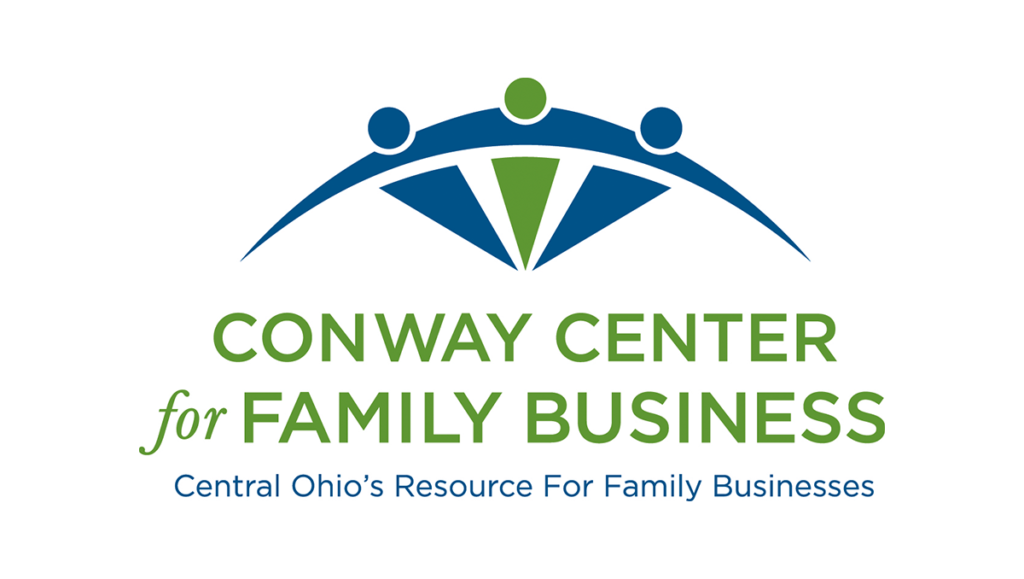
Welcome to June 2nd, the day we’ll all fondly reference as MF-Day (Mask-free Day. Tsk. Tsk.)! On May 17, the Ohio Department of Health issued updated guidance regarding wearing masks, which parallels the Centers for Disease Control. Many other states are following suit and saying so long to that little piece of fabric that quite literally and nearly smothered us with CDC love and made us feel safer! As a matter of fact, fully vaccinated* employees may elect to stop wearing masks in their places of employment today, if you, employer, decide this is the right option for your business. (Admit it…you sort of forgot what that guy 3 cubicles over looks like, didn’t you?)
While the CDC has issued guidance, each state, and possibly even your city, may have additional guidance and OSHA may have lifted it enforcement recording requirements of COVID vaccine side effects of employers who encourage or incentivize employees to get the vaccine, this is no way reduces your responsibility to provide a safe workplace for your employees or invites you to go for a mask free-for-all, so continue to take a measured approach to your policies. Before you finalize your employee- and public-facing policies, gather as much information as possible and think about the following.
Should you ask your employees for proof of vaccination? You can, but much like the “Should I require my employees to get vaccinated” question, this is tricky. If you require employees to show proof of vaccination in order to go without a mask, what happens when the employee does not provide the proof or refuses to provide proof? Do you discipline them? How? Does it create discord between you and the employee or the employee and coworkers? That may create a slippery slope you’re not ready to slide down. As you contemplate your options, think about the following:
- WHY do you need proof of vaccination? In some cases, it may be a legitimate because you work with at-risk populations, you work in close confines, or you know it will be a requirement of clients before employees can enter their places of business or their homes.
- WHAT happens if an employee has a legitimate reason (disability or sincerely-held religious belief) to not get vaccinated? You may have to work with that employee to accommodate their needs, so what makes that any different than working with any other employee? Again, you may have a solid answer to this question, but you may just be defending a line that really can be moved.
- WHO is impacted when you require a vaccination and proof of vaccination? We’ve already touched on the contentious tone this may bring to a relationship in the workplace, but also consider the potential for workplace harassment and bullying of those employees who are known to be unvaccinated by those who are vaccinated, as well as the “teasing” of those employees who elect to wear masks for health and safety reasons or because they are unvaccinated. (“Anti-vaxxers” as we like to summarily call them, are not necessarily a protected class (they might be), but a hostile workplace can cost you a lot of money. See how that slope can become slippery?)
Herd immunity sounds like a great idea, but as of the end of May, approximately 50% of the U.S. population had ONE vaccine. We have a long way to go to get to an ideal 70% immunity level. So, again, a measured approach is a sensible approach.
- Consider having employees protected from guests/customers/clients with barriers, wherever possible.
- If you can’t achieve social distancing indoors, masks may still be an appropriate solution, regardless of levels of vaccination.
- Continue providing masks, hand sanitizer, and cleaning supplies for employees and guests.
- Continue monitoring or having employees self-monitor their symptoms. If they experience any of the known COVID-19 symptoms, they should contact their doctor. Research is still being conducted on how long the vaccines last, whether the current vaccines are effective against variants, and whether vaccinated individuals can carry or spread the virus to others.
- Continue to educate your employees and guests about good health and safety practices. Just because masks are optional (in many places), it does not mean the threat of the virus is gone.
- Remember, the voluntary FFCRA pay is still here until September 30 for employees who may be unvaccinated and may get the virus. (If you have not allowed other employees to use this since it became a voluntary option, be very careful about implementing it now. Remember that slippery slope?)
- If someone has been exposed to the virus and they’re not symptomatic, consider having them wear a mask for the next 10-14 days (or 5-7 with a negative test around day 6 or 7) as a precaution when they’re around others. Call it respect.
- Continue to evaluate travel (both for business and leisure). There may be different requirements by carriers, in others states or countries regarding quarantining and proof of vaccination, and concerns about “hot spots.”
- Have a written policy about how you will be moving forward. Include what type of behavior will NOT be tolerated toward employees who choose not to get vaccinated (or can’t) or who choose to continue wearing a mask even if they are fully vaccinated. Get the policy signed and dated and copies in everyone’s files.
Recordkeeping is as important now as ever. Repeat after me: DOCUMENT EVERYTHING. If you do require proof of vaccination, treat it as a medical record and store it separately with extremely limited access. (Did you know that you should have four files for every employee: Personnel or general employment and day-to-day documents, medical documents, financial documents, and I-9 and documentation?)
We know this will continue to be an evolving narrative. Use common sense. Respect others. And keep those masks handy, just in case.
*Fully vaccinated is defined as someone who has received all doses of the COVID-19 vaccine (2 doses of Pfizer-BioNTech or Moderna, 1 dose of Johnson & Johnson) and two weeks have passed since the last dose.
As always, we’re here to help.

Sharon DeLay, MBA, SPHR, SHRM-SCP, CPCC
Certified GUSTO People Advisor
GO-HR (a dba of BoldlyGO Career and HR Management, LLC)
[O] 614-473-0122 ▪ [C] 614-233-1522

